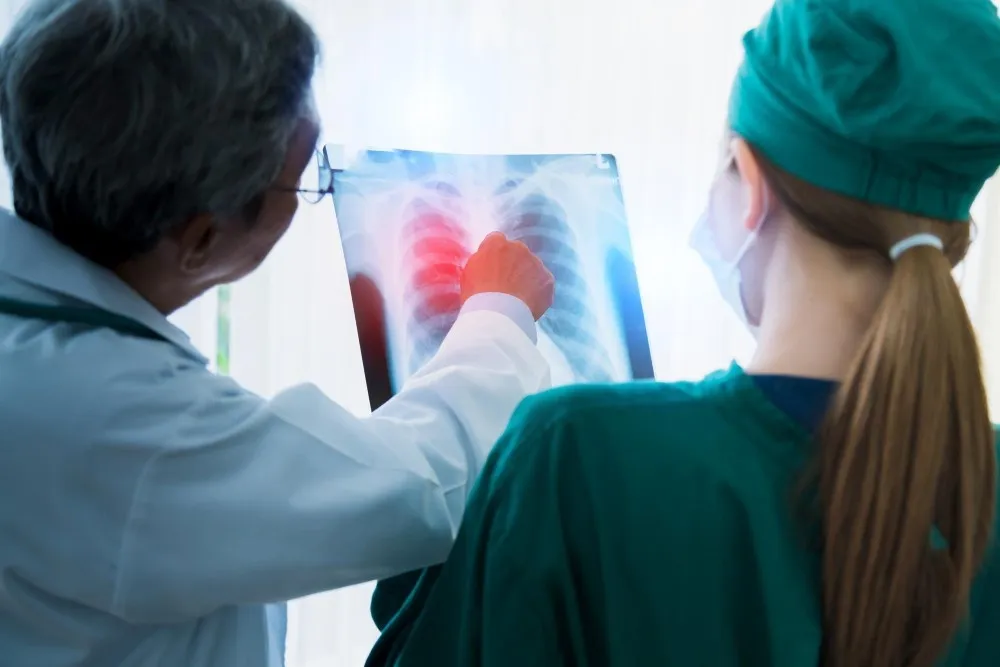This article will you give you a comprehensive overview of Chemotherapy by answering some of the most commonly asked questions related to this form of cancer treatment. Let's have a look at the FAQ's below:
1. What Is Chemotherapy?
Chemotherapy is an aggressive form of chemical drug therapy meant to destroy rapidly growing cells in the body. It's usually used to treat cancer, as cancer cells grow and divide faster than other cells. A doctor who specializes in cancer treatment is known as an oncologist. They'll work with you to come up with your treatment plan. Chemotherapy is often used in combination with other therapies, such as surgery, radiation, or hormone therapy. This depends on:- the stage and type of cancer you have
- your overall health
- previous cancer treatments you've had
- the location of the cancer cells
- your personal treatment preferences
2. Why Is Chemotherapy Used?
Chemotherapy is primarily used to:- lower the total number of cancer cells in your body
- reduce the likelihood of cancer spreading
- shrink tumor size
- reduce current symptoms
3. Any Side Effects of Chemotherapy?
Chemotherapy is designed to kill cells that divide quickly. While cancer cells are these kinds of cells, other cells in your body divide quickly as well. Cells in the following areas can be adversely affected:- blood
- hair
- skin
- the lining of your intestinal tract
- easy bruising and excessive bleeding
- diarrhea
- dry mouth
- mouth sores
- fatigue
- a fever
- hair loss
- a loss of appetite
- nausea
- vomiting
- weight loss
- pain from nerve damage
- infections
- anemia
- constipation
- neuropathy
- lymphedema
- memory problems
- concentration problems
- skin changes
- nail changes
- insomnia
- sexual changes
- fertility changes
- heart
- kidneys
- lungs
- nerves
- reproductive organs
4. How to Prepare for Chemotherapy?
As chemotherapy is a serious treatment for a serious condition, it's important to plan ahead before beginning therapy. Your doctor and hospital staff will help you anticipate the potential problems associated with treatment. Before you begin therapy, you'll undergo a series of tests to help determine if you're healthy enough for chemotherapy. This will include examinations of your heart and blood tests to determine the health of your liver. These tests can also help guide your doctor in deciding which types of chemotherapy to use in your treatment. Your doctor may also recommend that you visit your dentist before beginning treatment. As chemotherapy affects your body's ability to heal, any infection in your gums or teeth could potentially spread throughout your body. Your doctor may install a port if you're getting chemotherapy through an intravenous (IV) line. A port is a device that's implanted in your body, typically in your chest near your shoulder. This allows for easier access to your veins and is less painful. During each treatment, the IV will be inserted into your port.Preparation Tips
Consider these preparation tips for chemotherapy treatment:- Make arrangements for work. Most people can work during chemotherapy, but you may want to be put on a lighter workload until you know what types of side effects you may be experiencing.
- Prepare your house. Do laundry, stock up on groceries, and do other tasks you may be too weak to do after your first appointment
- Arrange for any help you might need. Getting a friend or family member to help with household chores or caring for pets or children can be extremely beneficial.
- Anticipate side effects. Ask your doctor what side effects you may experience and how to plan accordingly. If infertility could be a side effect and you want to conceive a child, you may want to store and freeze sperm, eggs, or fertilized embryos. You may want to purchase head covers or wigs if hair loss is likely.
- Begin therapy or join a support group. Talking to someone outside of your family and circle of friends about what you're going through can help you remain optimistic. It can also help calm any fears you may have about treatment.
- Never be alone while you are under chemo treatment. Some side effects like vomiting, dizziness. LOC may require immediate medical attention/hospitalisation sometimes.

Reviewed by







